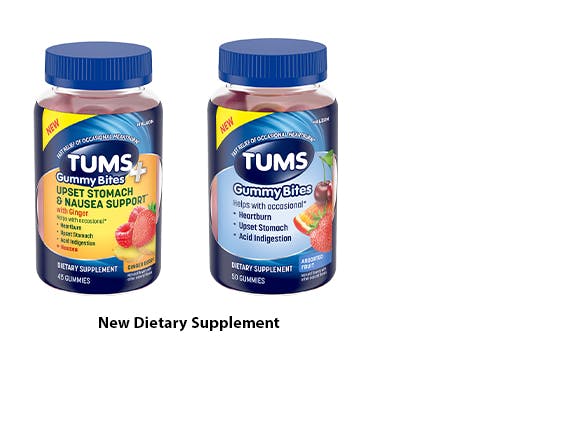
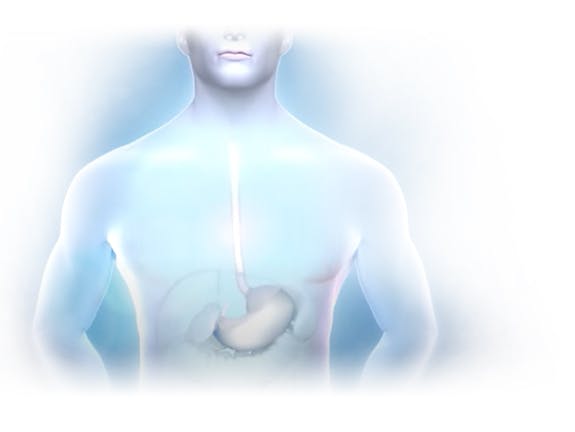
The Science of TUMS
Click here to learn how TUMS relieves heartburn fast and how it can help you.
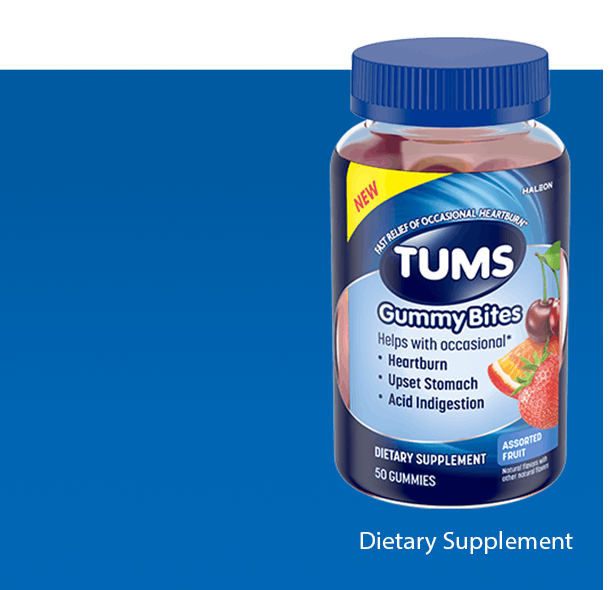
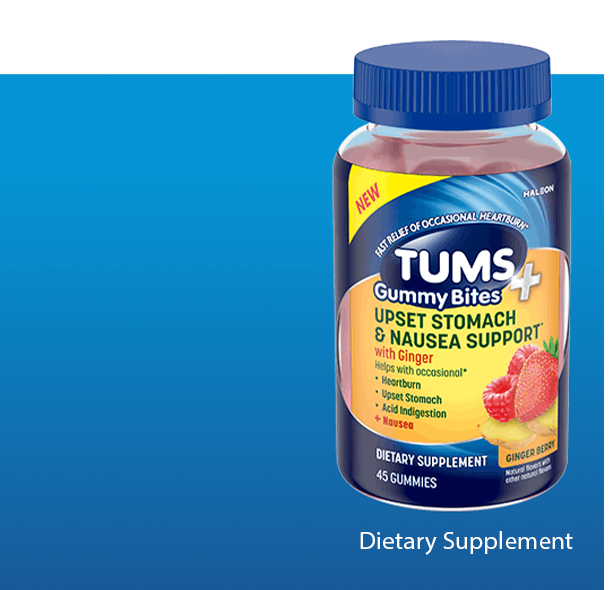
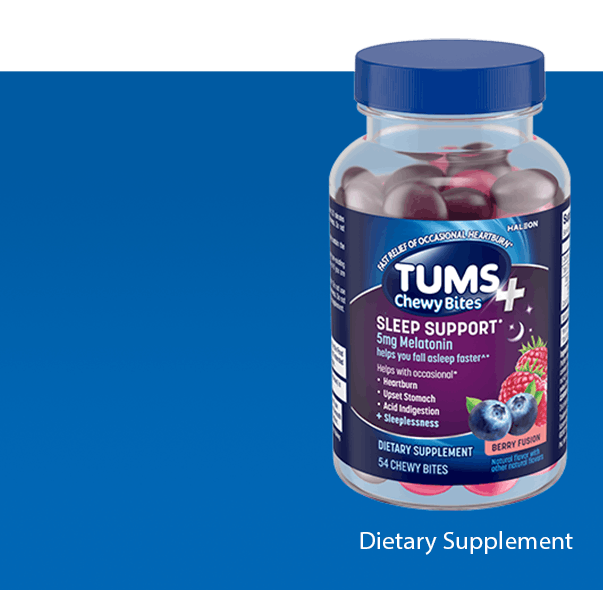
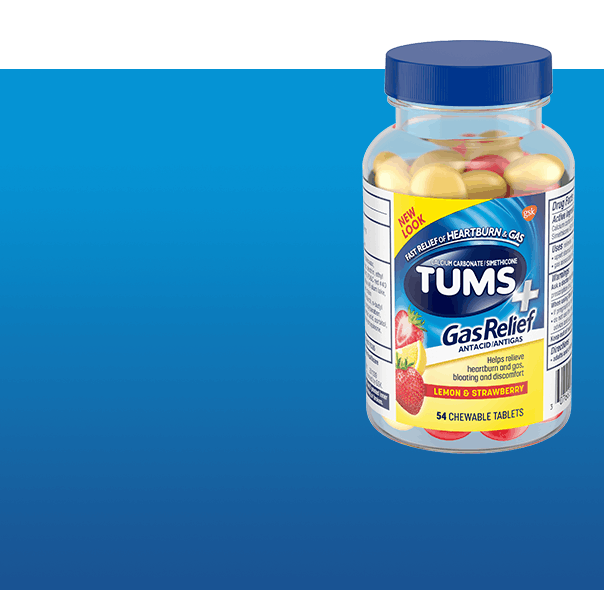


Click here to learn how TUMS relieves heartburn fast and how it can help you.
